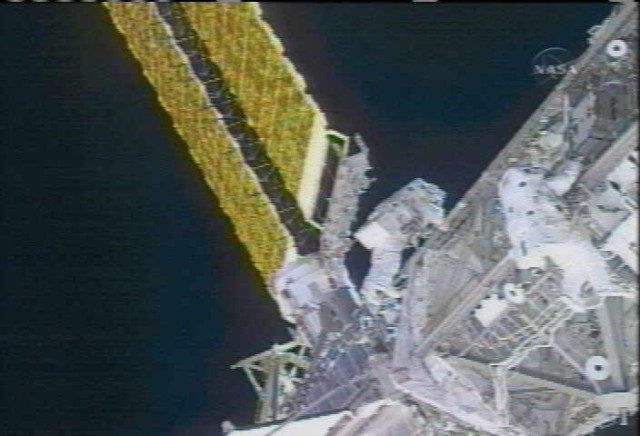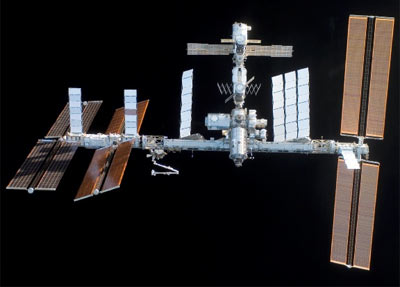I reproduce a note here that I sent out to the mailing list this morning. In the mean time, I have done most of the work in CVS.
As you know, I am looking at the way threading is supposed to work in future releases and, most importantly, looking at the inputs (like mark message generation).
Around summer, I wrote that I will probably need to release new major versions when we go into multithreading redesign. It looks like we have reached this stage. I tried to keep a single code base that still supports both single- and multi-threaded operations. I have looked into this the past days and I need to say that it creates a lot of complexity and hard to understand code.
For this reason, I think it is finally time to branch the code based and release some new versions.
Soon, I will create a branch for the current 1.20.1 code base. That will only receive bug fixes, but no new development (except, I guess, GSSAPI which I about to be contributed by Red Hat). When we are confident the last changes worked well and introduced no new bugs, there will be a version 2.0.0 stable release based on that code base.
CVS head, however, will then be rsyslog version 3. It will receive the new input module interface. It requires pthreads, because there is no way input modules and many more of the new desired features can be implemented without them. Consequently, I will remove all single-threading code from it, resulting in an easier to understand code base. Please note that I expect this code to change dramatically when it is being modified to be more modular (much like it was when I introduced modular outputs in summer). Please note that I will apply any non-bugfix patches to this code base, only.
I have somewhat bad feeling of going ahead with implementing a more sophisticated and more parallel multi-threading while we still have an issue with the segfault. However, I think by now we did everything imaginable to capture that rare bug. I have come to the conclusion that the best chance to find it is go ahead and implement the more sophisticated design. That will lead to a review, and rewrite, of much of the code in question, uncovering this we didn’t think about before. The recently discovered race condition is an excellent sample.
One thing about the license: rsyslog 2 will stay with “GPL v2 and above” license, but rsyslog V3 will be licensed under “GPL v3 and above”. I already wrote about that change. It is my firm believe that GPL v3 brings benefit to our freedom to use digital goods. I am a strong oppose of digital restrictions management (DRM) and software patens and I do not like the idea that rsyslog benefits anyone who encourages these things. I hope for your understanding.
I will set stage now for these changes and will do a web announcement soon. Please don’t be surprised that rsyslog v3 will be available before v2, you now know the reason.





